Alcohol use has become a common social practice in the United States.
Significant milestones like weddings, birthdays and holidays are often celebrated with a toast, but alcohol is also an addictive substance that is linked to an increased risk of suicide.
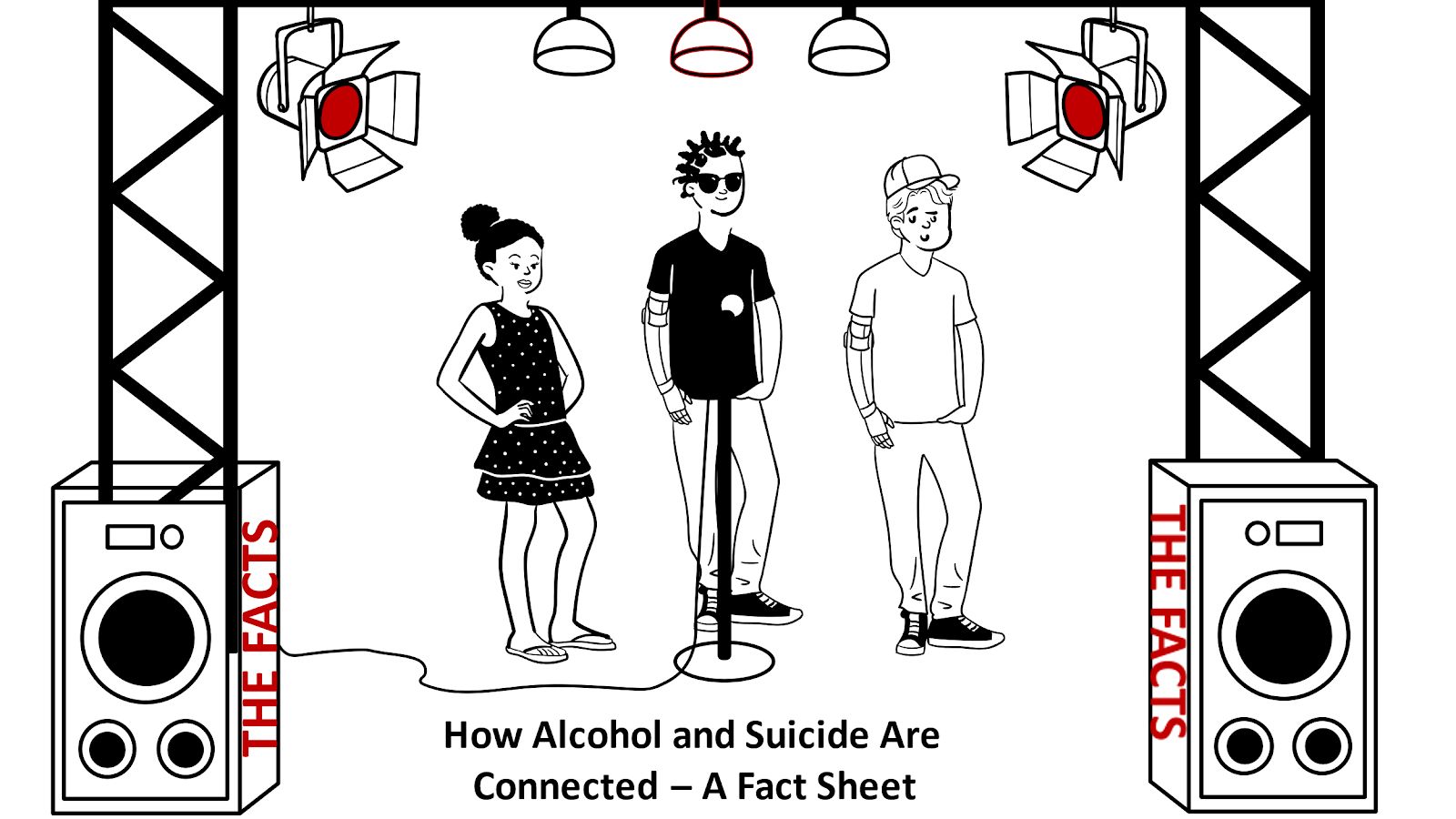
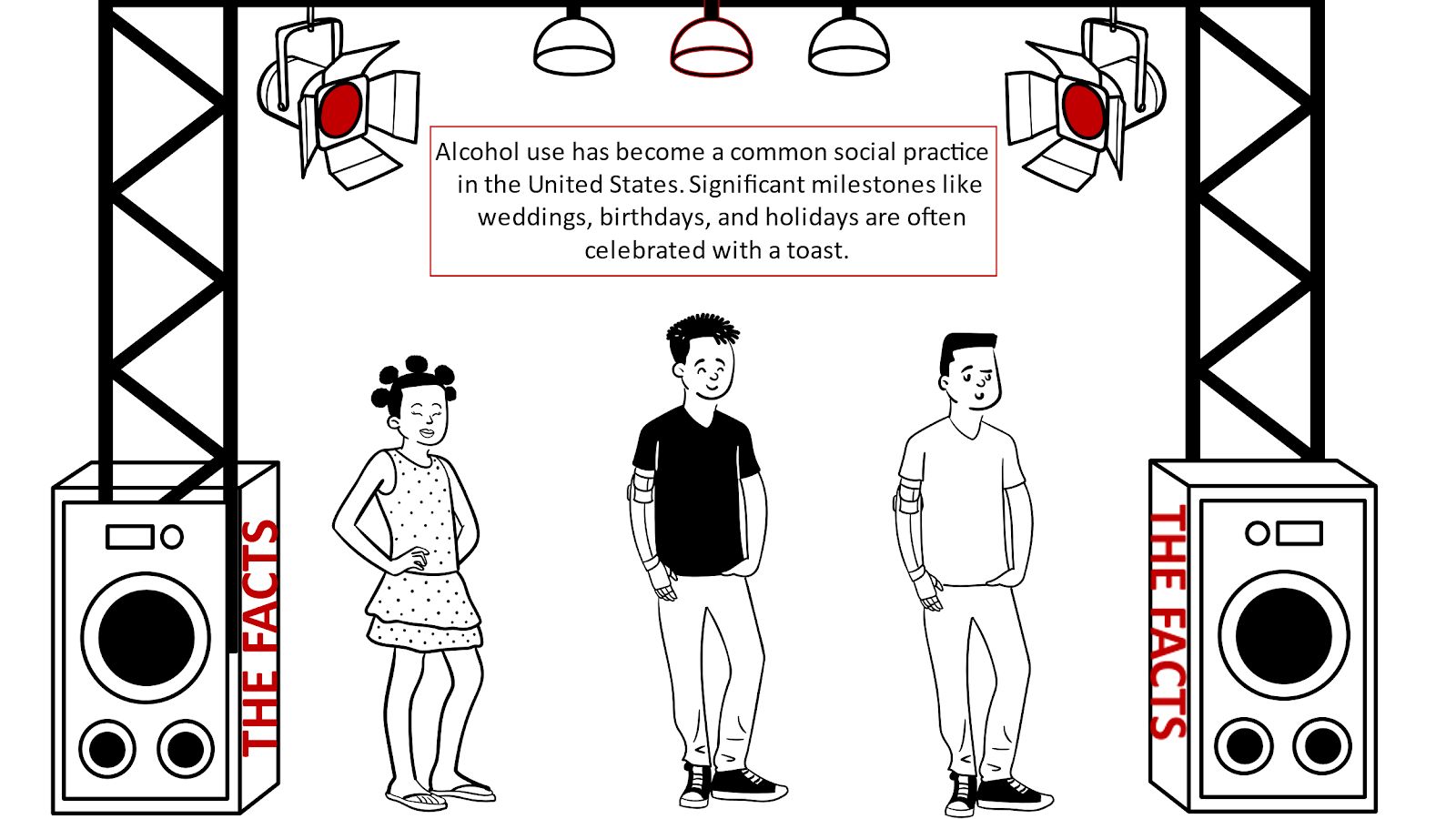
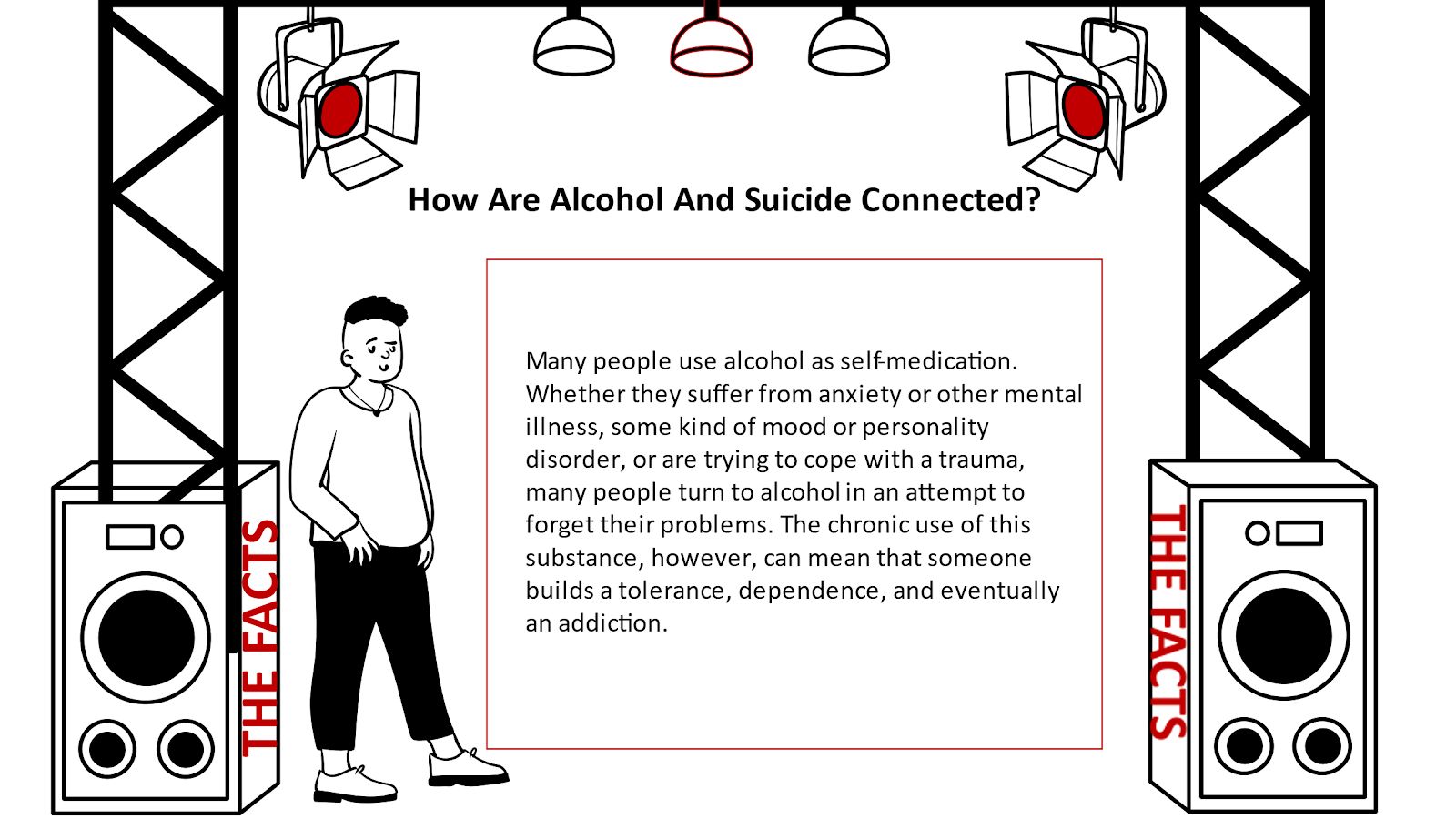
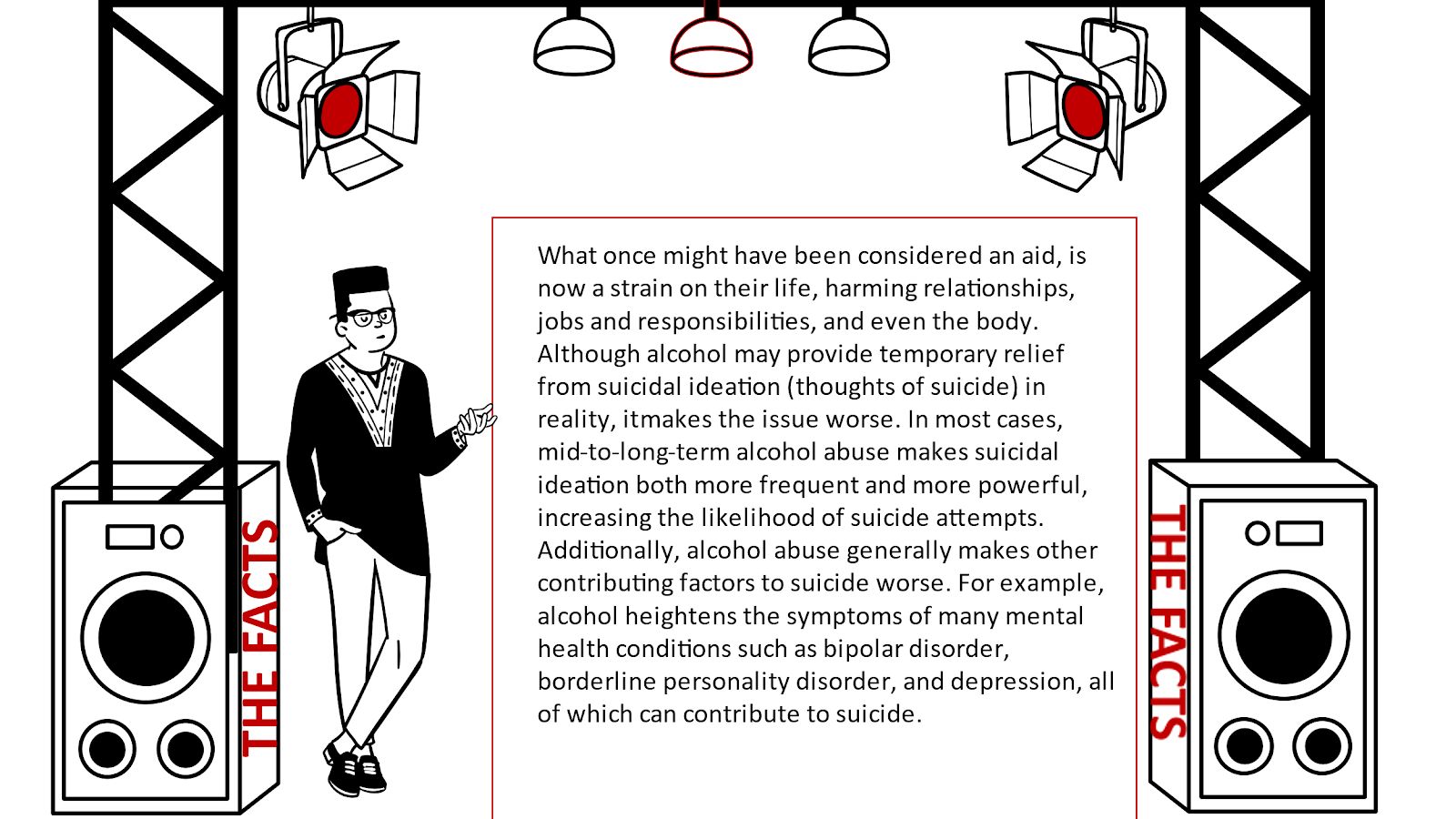
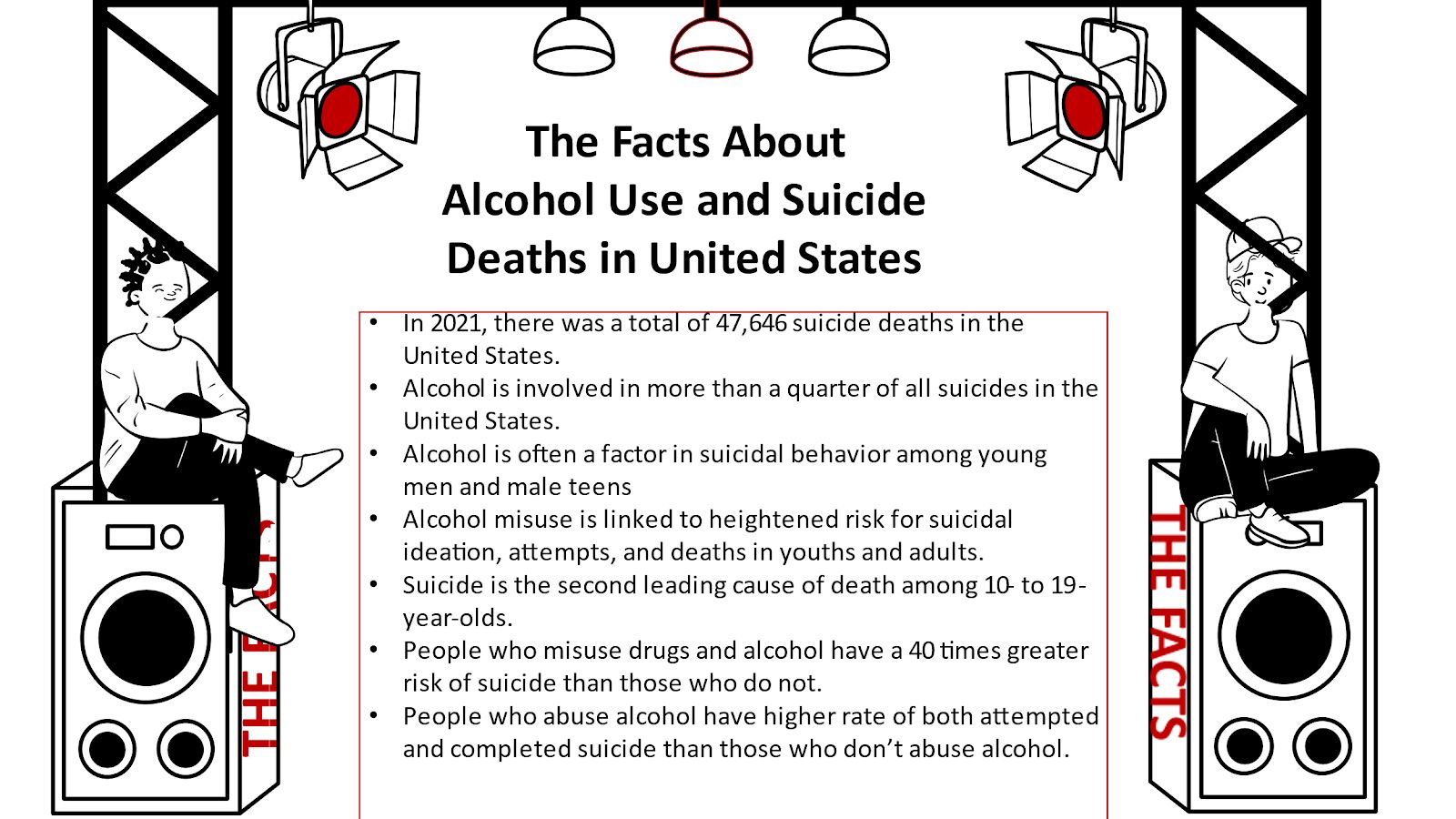
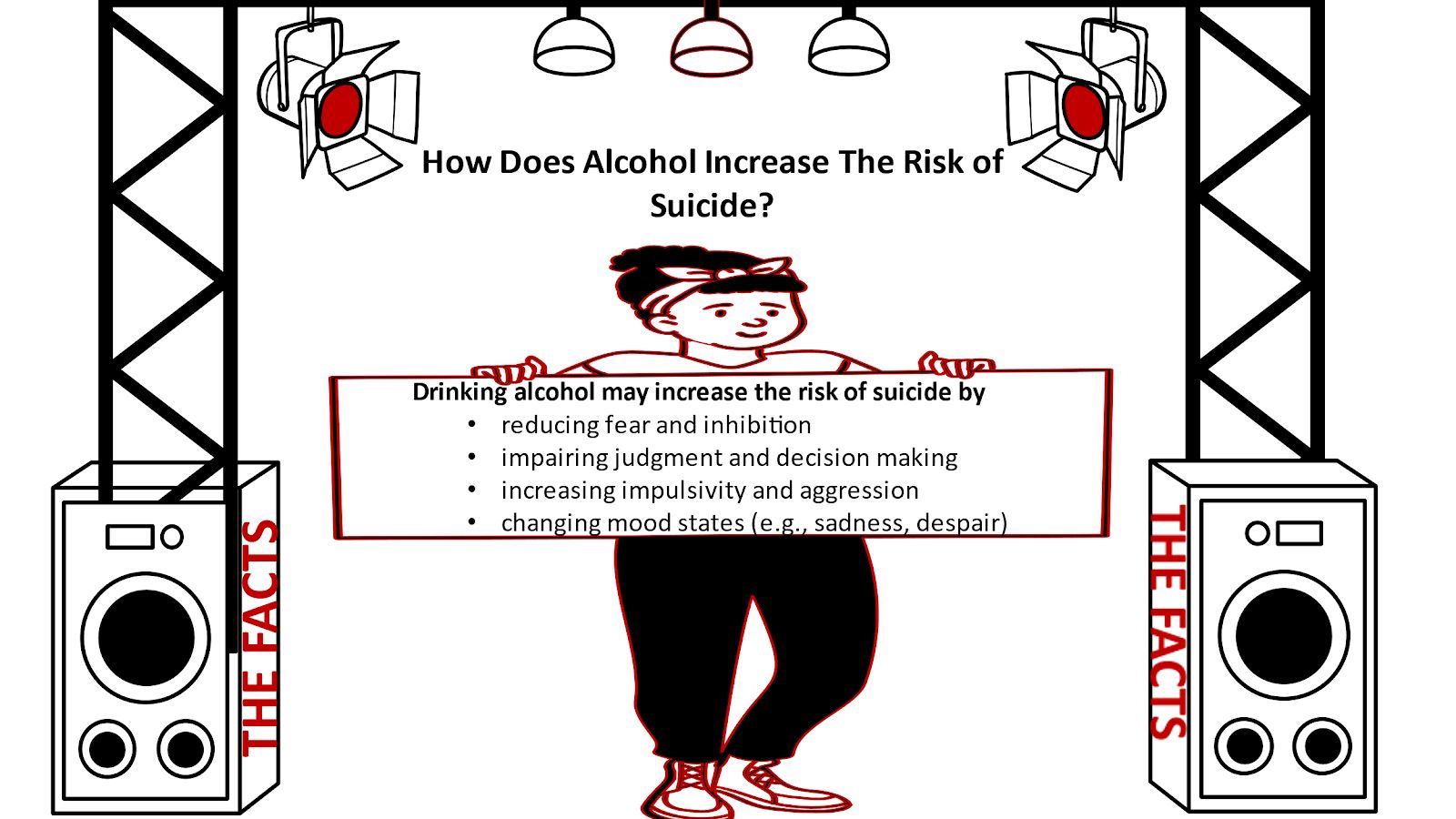
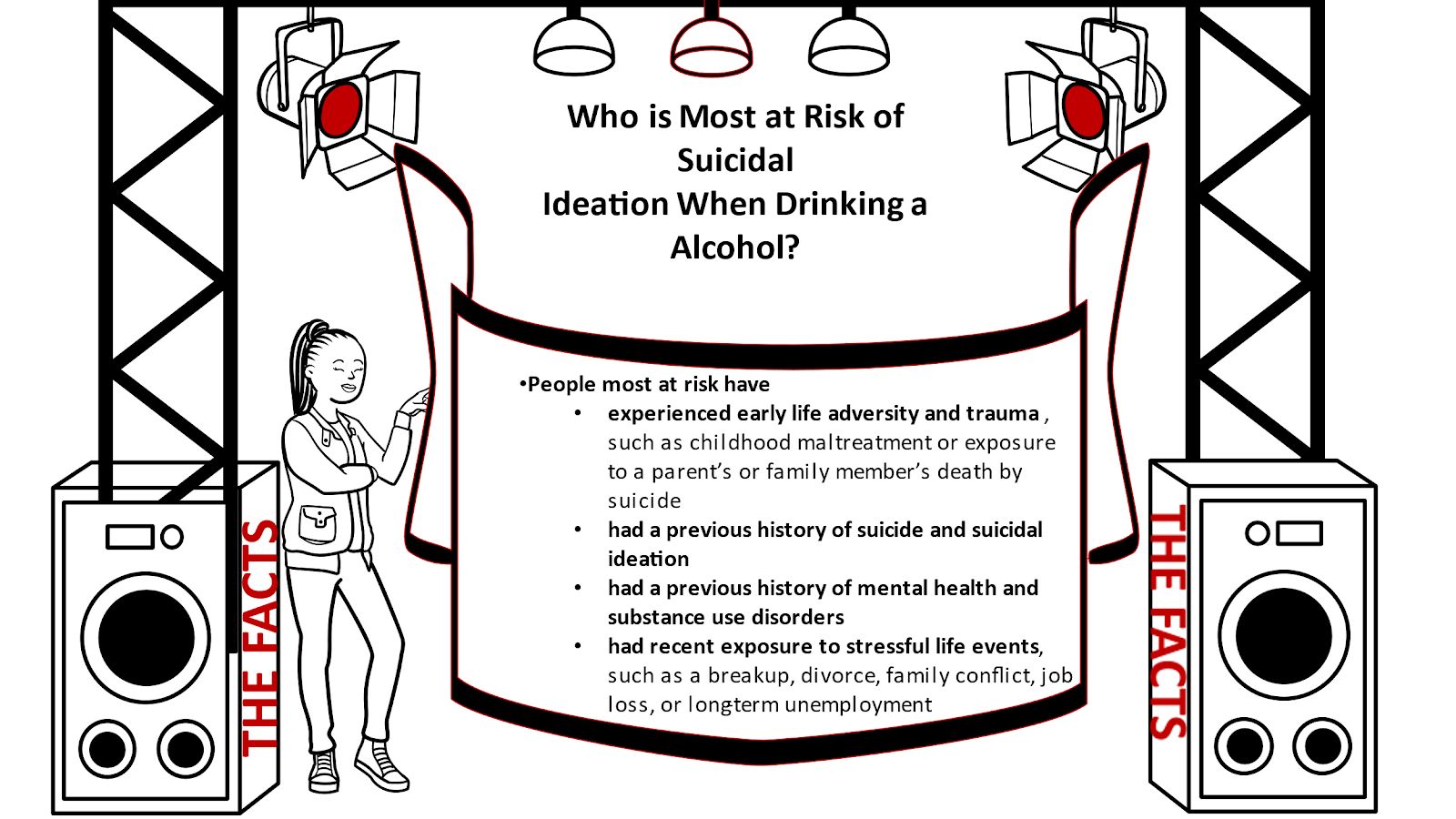
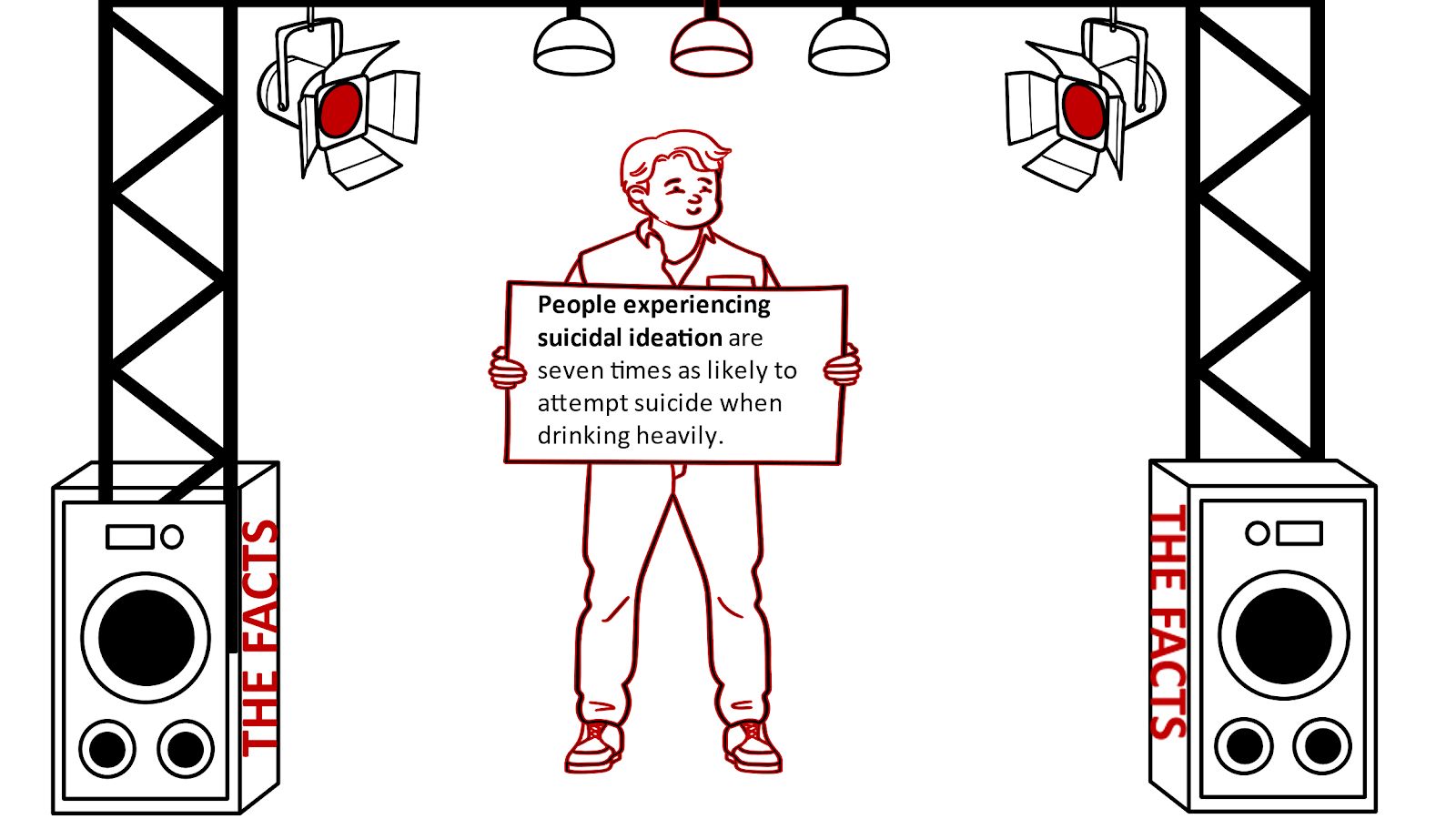
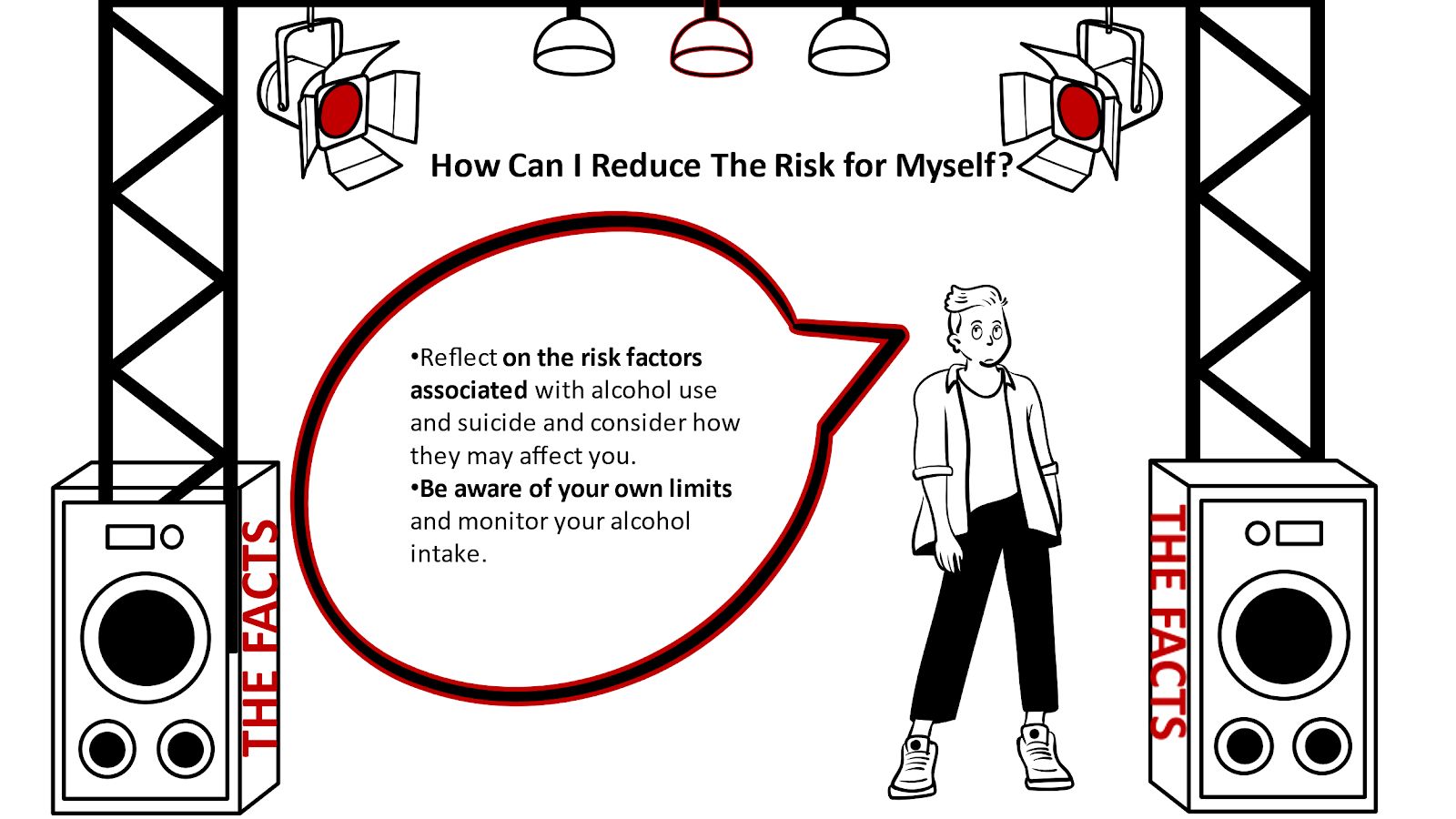
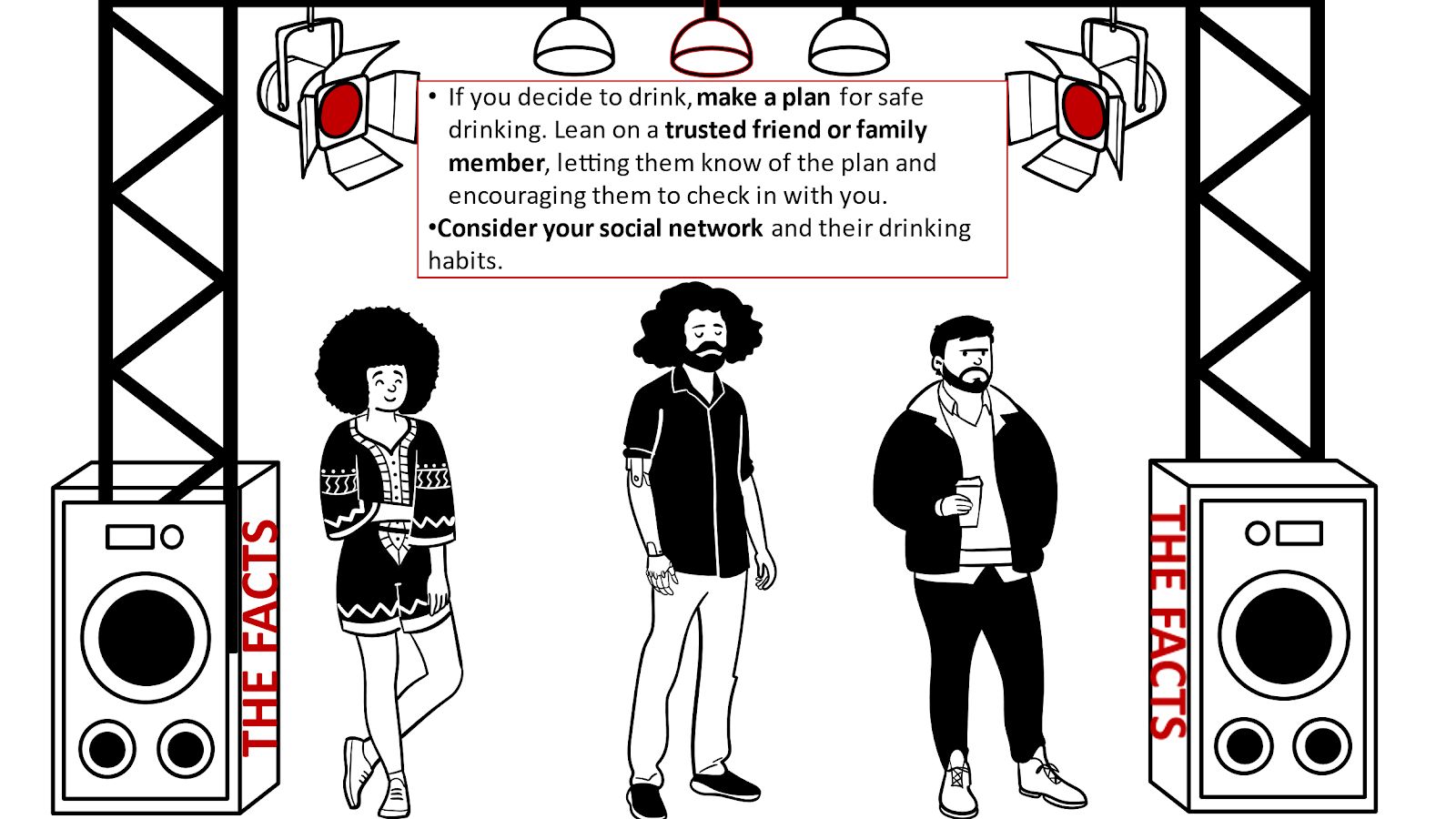
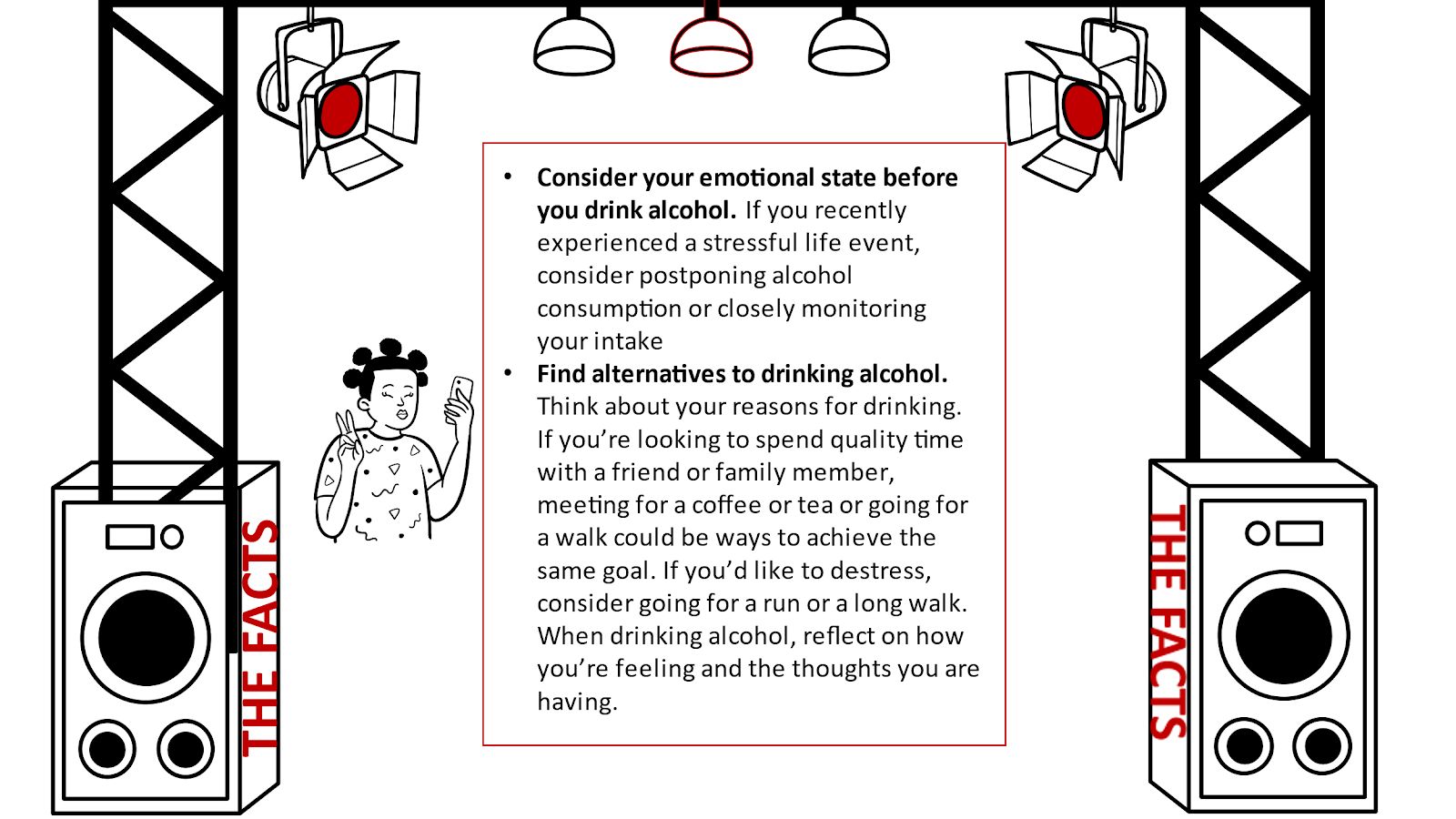
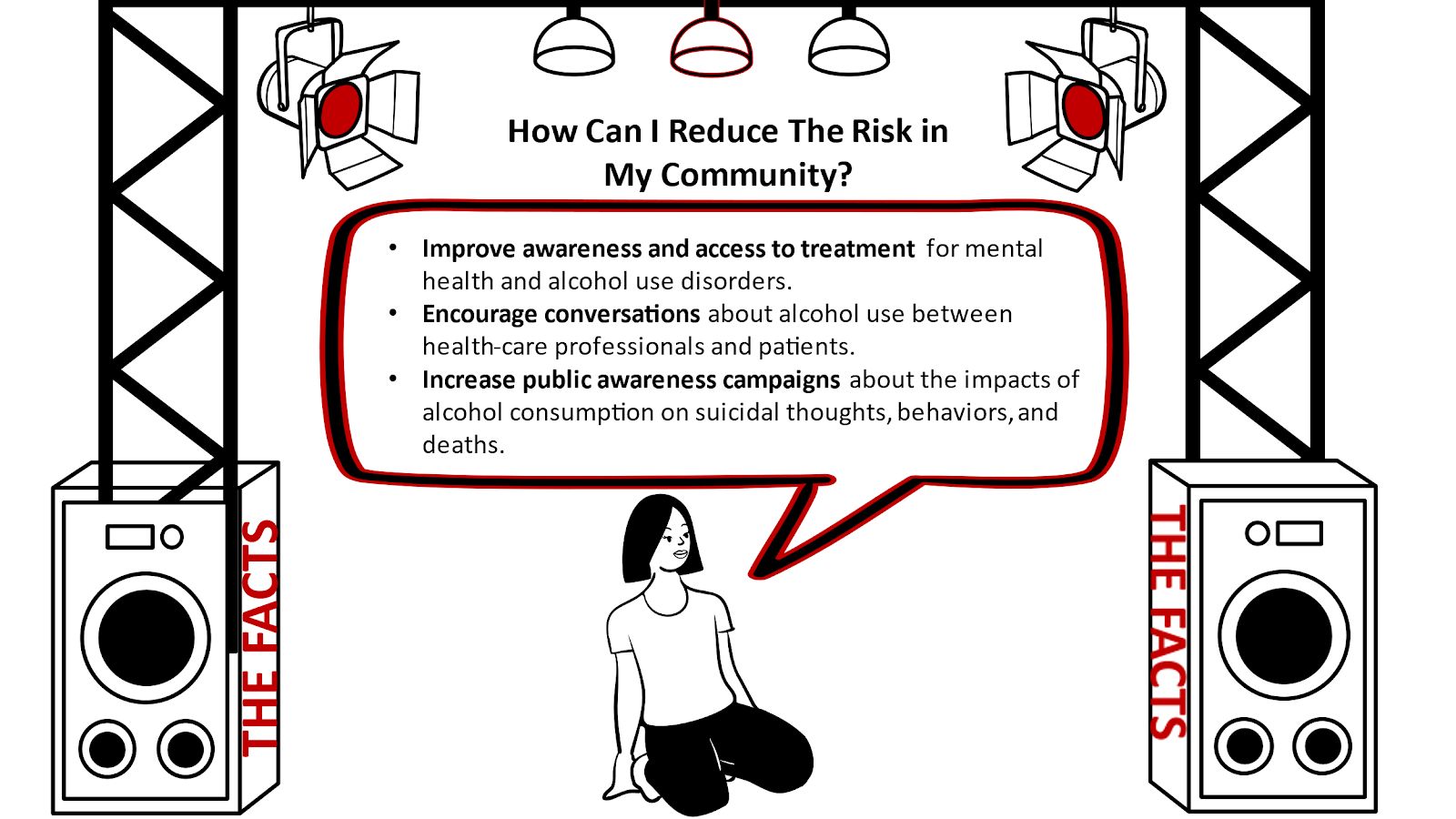
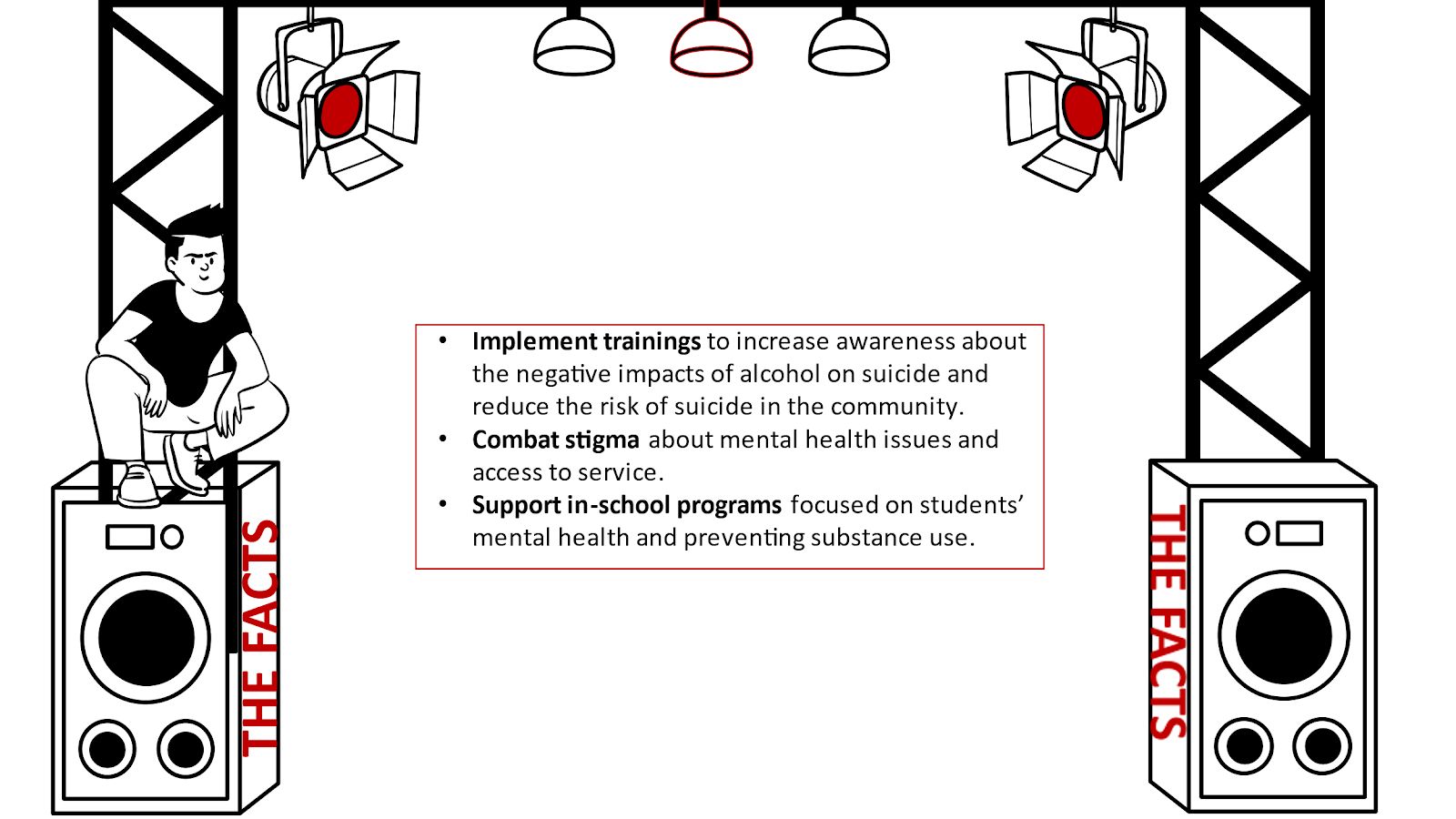
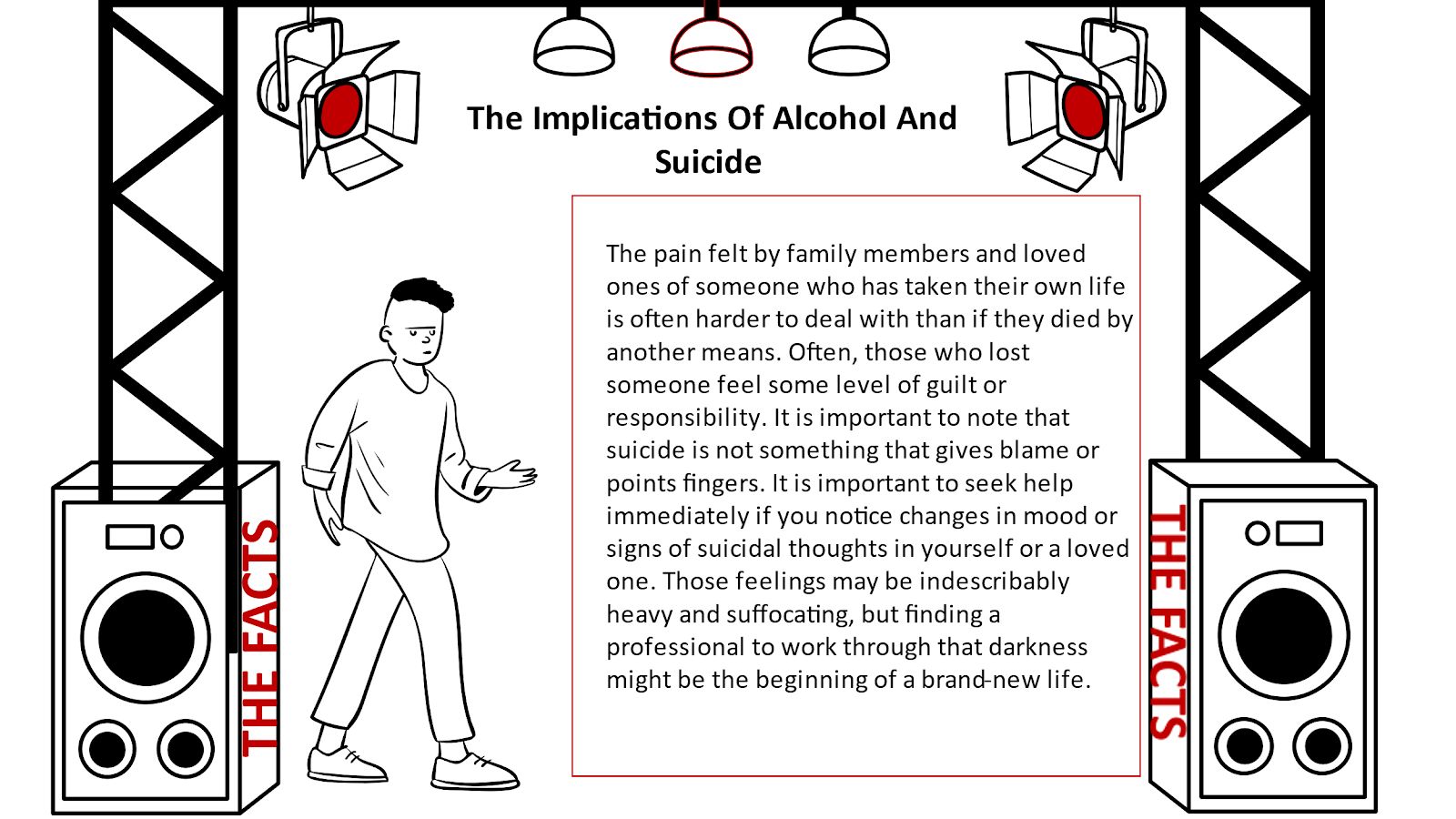
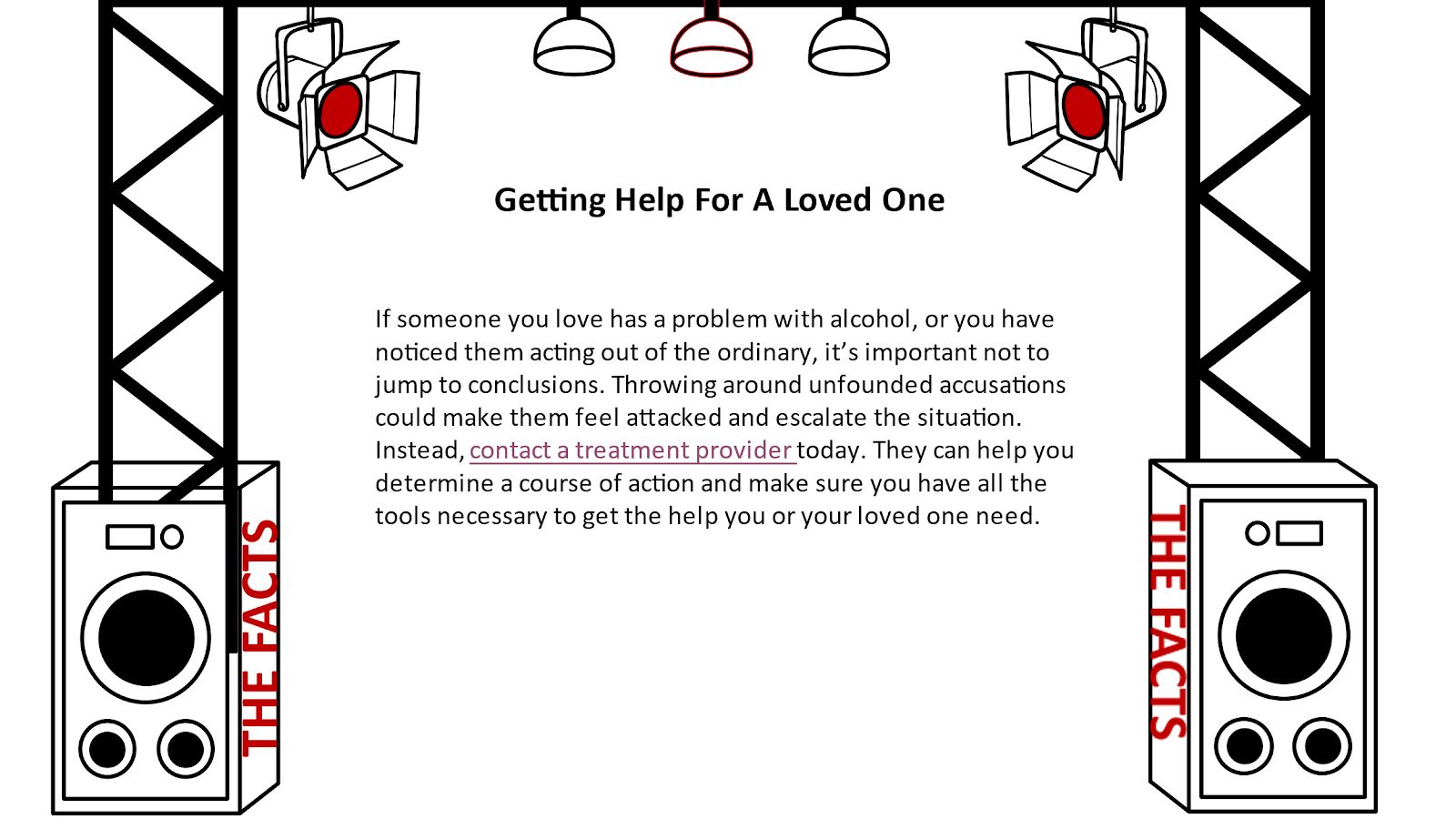
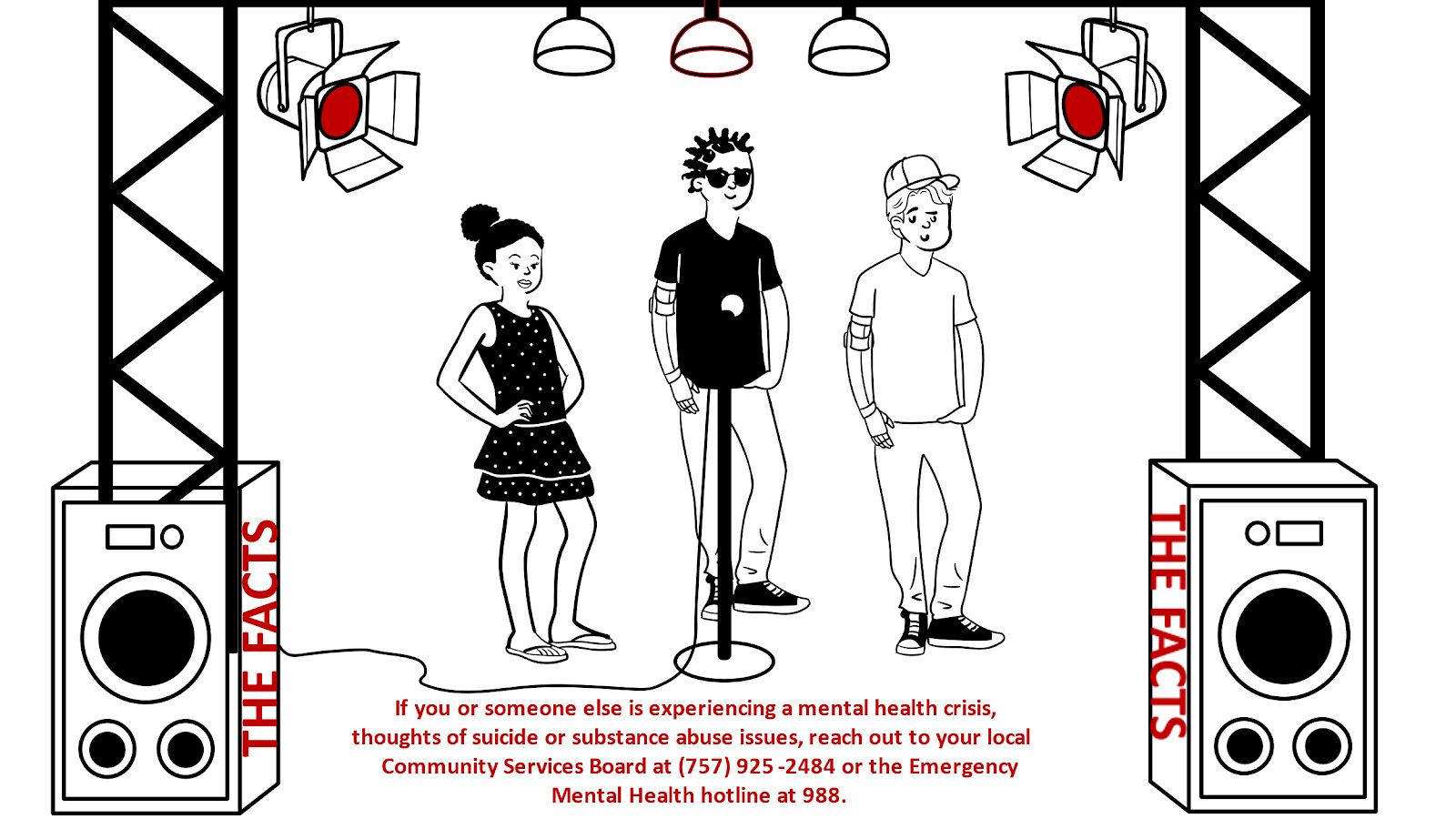
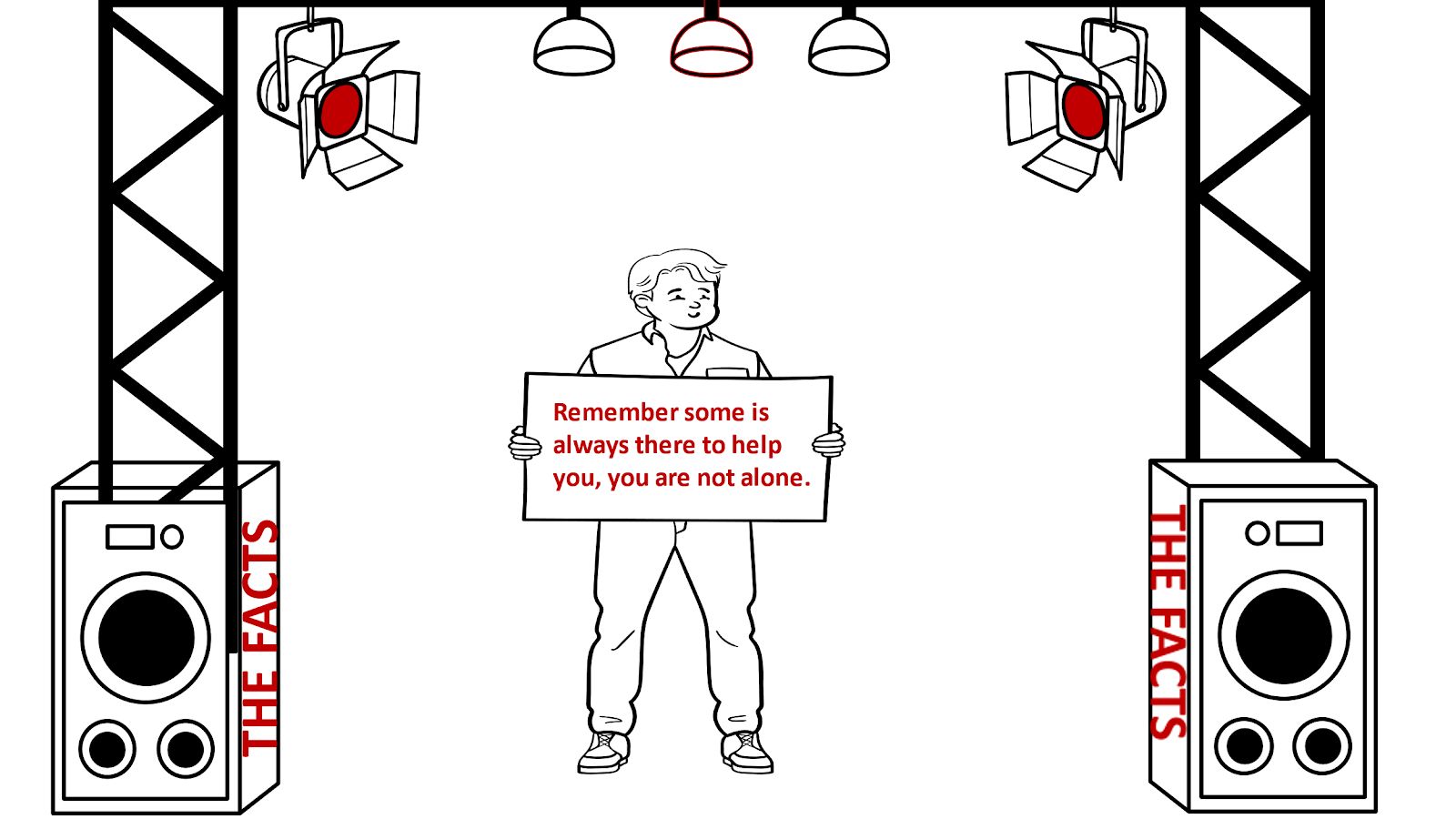
How Are Alcohol and Suicide Connected?
Many people use alcohol as self-medication. Whether they suffer from anxiety or another mental illness, some kind of mood or personality disorder, or are trying to cope with a trauma, many people turn to alcohol in an attempt to forget their problems. The chronic use of this substance, however, can mean that someone builds a tolerance, dependence, and eventually an addiction.
What once might have been considered an aid is now a strain on their life, harming relationships, jobs and responsibilities, and even the body. Although alcohol may provide temporary relief from suicidal ideation (thoughts of suicide), in reality it makes the issue worse. In most cases, mid-to-long-term alcohol abuse makes suicidal ideation both more frequent and more powerful, increasing the likelihood of suicide attempts.
Additionally, alcohol abuse generally makes other contributing factors to suicide worse. For example, alcohol heightens the symptoms of many mental health conditions such as bipolar disorder, borderline personality disorder, and depression, all of which can contribute to suicide.
The Facts About Alcohol Use and Suicide Deaths in the United States
- In 2021, there was a total of 47,646 suicide deaths in the United States
- Alcohol is involved in more than a quarter of all suicides in the United States
- Alcohol is often a factor in suicidal behavior among young men and male teens
- Alcohol misuse is linked to heightened risk for suicidal ideation, attempts, and deaths in youths and adults
- Suicide is the second leading cause of death among 10-to-19 year olds
- People who misuse drugs and alcohol have a 40 times greater risk of suicide than those who do not
- People who abuse alcohol have higher rates of both attempted and completed suicides than those who don’t abuse alcohol
How Does Alcohol Increase the Risk of Suicide?
Drinking alcohol may increase the risk of suicide by:
- Reducing fear and inhibition
- Impairing judgment and decision making
- Increasing impulsivity and aggression
- Changing mood states (e.g. sadness, despair)
People experiencing suicidal ideation are seven times as likely to attempt suicide when drinking heavily.
Who Is Most at Risk of Suicidal Ideation When Drinking Alcohol?
People most at risk have:
- Experienced early life adversity and trauma, such as childhood maltreatment or exposure to a parent or other family member’s death by suicide
- Had a previous history of suicide/suicidal ideation
- Had a previous history of mental health/substance use disorders
- Had recent exposure to stressful life events, such as a breakup, divorce, family conflict, job loss, or long-term unemployment
How Can I Reduce the Risk for Myself?
1. Reflect on the Risk Factors Associated With Alcohol Use and Suicide
Consider how these risk factors may affect you
2. Be Aware of Your Own Limits
Monitor your alcohol intake and don’t be afraid to admit when you’ve had enough
3. Make a Plan for Safe Drinking
If you decide to drink, make a plan for safe drinking. Lean on a trusted friend or family member, letting them know of the plan and encouraging them to check in with you
4. Consider Your Social Network and Their Drinking Habits
Are the drinking habits of your friend group a positive or negative influence on you?
5. Consider Your Emotional State Before You Drink Alcohol
If you recently experienced a stressful life event, consider postponing alcohol consumption or closely monitoring your intake
6. Find Alternatives to Drinking Alcohol
If you’re looking to spend quality time with a friend or family member, meeting for a coffee or a tea or going for a walk could be ways to achieve the same goal. If you’d like to destress, consider going for a run or a long walk. When drinking alcohol, reflect on how you’re feeling and the thoughts you are having
How Can I Reduce the Risk In My Community?
Here are a few ways that we, as behavioral health professionals, can reduce the risk of suicide due to alcohol use in our communities:
1. Help to Improve Awareness and Access
Do what you can to increase awareness of the link between alcohol use and suicide and access to treatment for mental health and alcohol use disorders
2. Encourage Conversation
Encourage conversations about alcohol use between healthcare professionals and patients
3. Increase Public Awareness Campaigns
Increase public awareness campaigns about the impacts of alcohol consumption on suicidal thoughts, behaviors, and deaths
4. Implement Trainings
Implement trainings to increase awareness about the negative impacts of alcohol on suicide and reduce the risk of suicide in the community
5. Combat Stigma
Fight stigma surrounding mental health issues and access to services
6. Support In-school Programs
Support in-school programs that are focused on students’ mental health and preventing substance use
The Implications of Alcohol and Suicide
The pain felt by family members and loved ones of someone who has taken their own life is often harder to deal with than if they died by another means. Often, those who lost someone feel some level of guilt or responsibility.
It is important to note that suicide is not something that gives blame or points fingers – but it is important to seek help immediately if you notice changes in mood or signs of suicidal thoughts in yourself or a loved one. These feelings may be indescribably heavy and suffocating, but finding a professional to work through that darkness might be the beginning of a brand new life.
Getting Help For a Loved One
If someone you love has a problem with alcohol, or you have noticed them acting out of the ordinary, it’s important not to jump to conclusions. Throwing around unfounded accusations could make them feel attacked and escalate the situation.
Instead, contact a treatment provider today. They can help you determine a course of action and make sure you have all the tools necessary to get the help you or your loved one needs.
You Are Not Alone
Remember this – there is always someone there who can help. You are NOT alone in this.
If you or someone else is experiencing thoughts of suicide, substance abuse, or another mental health crisis, don’t hesitate to reach out for help.
If you are in the Franklin, Suffolk, Isle of Wight County, or Southampton County area, Western Tidewater Community Services Board is your all-in-one local home for behavioral health services and supports.
Make an appointment for same-day access online or by calling us at 757-758-5106.
Not in the Western Tidewater CSB area? Find your local Virginia CSB here.
Need help now?
Call our local 24/7 Crisis Line at 757-925-2484.
If you don’t live in the area, you can dial 988 to be re-routed to your local crisis center.






